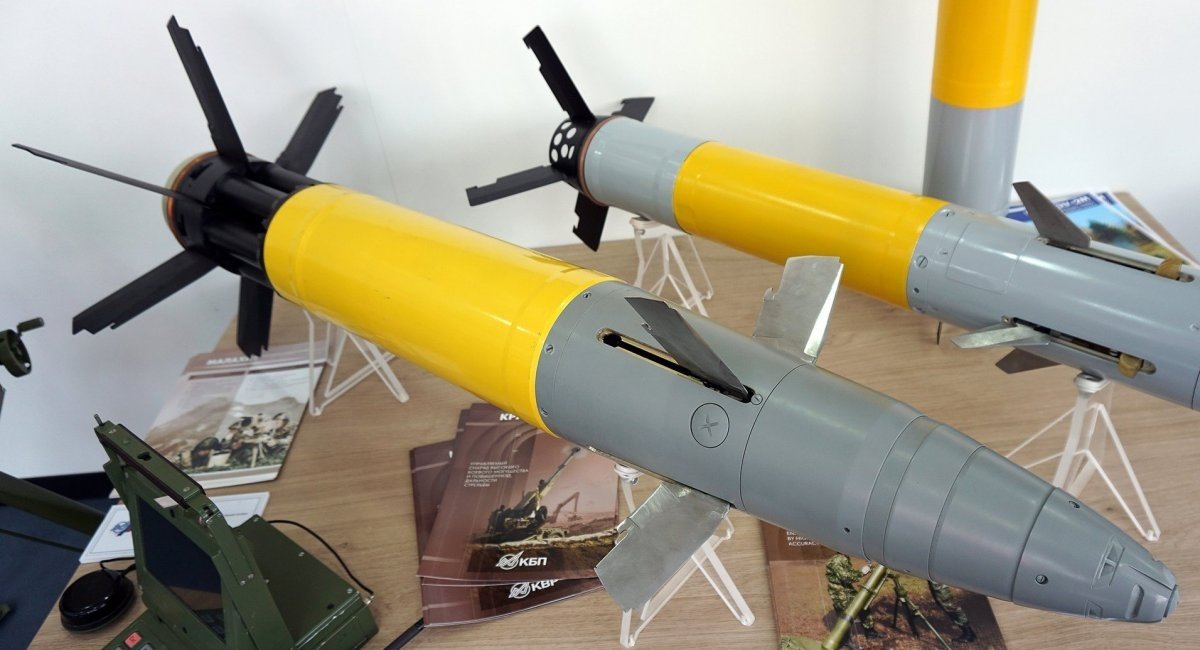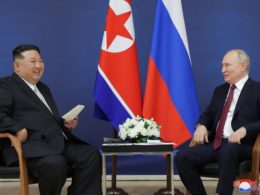The UK Defense Ministry’s November 14 intelligence update says Russia intends to expand production of laser-guided Krasnopol artillery munitions, but notes winter weather conditions can impede laser designation, impacting accuracy.
The ministry tweeted:
- Russia has announced it will increase production of its 152mm Krasnopol-M2 laser-guided artillery munitions and improve the round’s poor weather performance. Russian artillery has already achieved success with Krasnopol, often using it to accurately target individual Ukrainian vehicles. Russia’s defence industry has been failing to make enough conventional munitions. The planned increase in Krasnopol manufacturing is likely an attempt to use production capacity more efficiently.
- Russia utilises uncrewed aerial vehicles to designate targets for Krasnopol, by shining a laser beam at the target. However, low cloud has been the key limiting factor in the round’s performance because its laser detector does not have time to spot the laser energy and manoeuvre for striking.
- Russian industry will likely attempt to improve Krasnopol’s flight performance and reduce the round’s laser detection time. As winter weather closes in, it is likely that Russia’s access to improved precision munitions will be one of the key factors in its operational performance in Ukraine.
Read also:
- North Korea supplies Russia with full range of artillery ammo, including gun and mortar shells, rockets
- EU (predictably) admits it will fail artillery shell pledge for Ukraine
- North Korean arms transfers to Russia estimated over 500,000 artillery rounds in two months, OSINT group says
- Estonia’s intel: Russia’s artillery shortage limits its offensive potential
- Seven EU countries order ammo under EU scheme to aid Ukraine








